Surrogacy in the Dominican Republic: A Comprehensive Guide
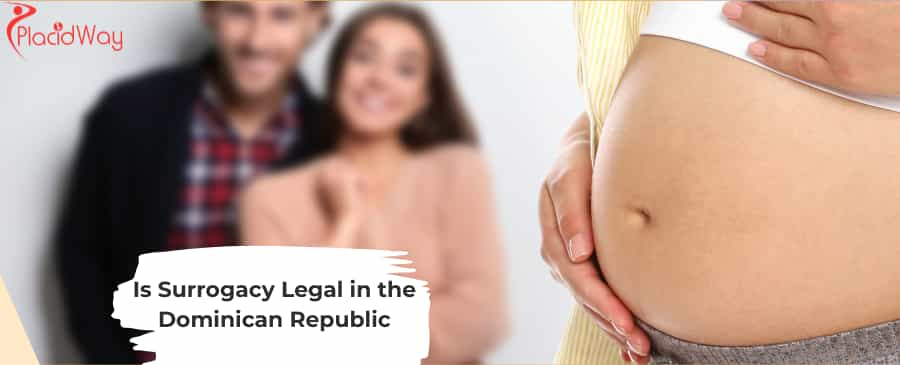
This comprehensive guide will delve into what this legal ambiguity means for intended parents. We'll explore the typical costs associated with surrogacy in the Dominican Republic, outline the general process, discuss success rates, and highlight the critical legal and ethical considerations you must address. Understanding these aspects is crucial for anyone considering the Dominican Republic for their surrogacy journey.
Is surrogacy legal in the Dominican Republic?
-
No Explicit Prohibition or Permission: The law neither explicitly permits nor prohibits surrogacy. This means that while clinics are not breaking a direct law by offering services, there's no specific legal protection or defined process for surrogacy agreements.
-
Legal Mother at Birth: In the Dominican Republic, the woman who gives birth is automatically recognized as the legal mother. This is a critical point: intended parents will need to pursue legal procedures in their home country (such as adoption or parental orders) to establish their legal parenthood and obtain the child's citizenship and travel documents. This process can be lengthy and challenging, depending on the laws of the intended parents' country of residence.
-
Unenforceable Contracts: While surrogacy agencies and clinics will typically draft comprehensive agreements between intended parents and surrogates, these contracts are not legally enforceable within the Dominican Republic. This reliance on good faith and mutual understanding among parties can expose intended parents to significant risks if unforeseen disputes arise.
-
No Judicial Precedent: The lack of specific laws means there are no clear court rulings or established precedents related to surrogacy cases. This adds to the unpredictability of any potential legal challenges.
Therefore, while the medical procedures for surrogacy can be performed, the legal recognition of parental rights is often handled outside the Dominican Republic.
What is the cost of surrogacy in the Dominican Republic?
Here's a general overview of what might be included in the total cost:
-
Surrogate Compensation: This is usually the largest component and covers the surrogate's base fee, monthly allowances, maternity clothing, and potentially additional fees for C-sections or carrying multiples.
-
Medical and IVF Expenses: This covers all medical procedures for the IVF cycle, including medications for the intended mother (if using her eggs) or egg donor, egg retrieval, fertilization, embryo culture, and the embryo transfer to the surrogate. It also includes the surrogate's medical screenings, prenatal care, and delivery costs.
-
Agency and Coordination Fees: If working with an agency, these fees cover matching services, case management, counseling, and ongoing support for both intended parents and the surrogate.
-
Legal Fees: Costs for drafting the non-binding surrogacy agreement in the DR, as well as legal advice in the intended parents' home country for establishing parental rights post-birth.
-
Miscellaneous Expenses: This can include travel and accommodation for the surrogate, life insurance for the surrogate, and sometimes an escrow management fee for handling payments.
Estimated Cost Breakdown (Illustrative):
What are the general requirements for intended parents and surrogates in the Dominican Republic?
For Intended Parents:
-
Medical Indication: Clinics usually require a medical reason for surrogacy, such as uterine issues, recurrent pregnancy loss, or other health conditions that prevent the intended mother from safely carrying a pregnancy.
-
Genetic Link: Typically, at least one intended parent is expected to have a genetic link to the child (using their own eggs or sperm).
-
Marital Status/Orientation: While practices may vary, some clinics might prefer or primarily work with legally married heterosexual couples, reflecting traditional societal norms. However, discreet services may be available for single individuals or same-sex couples, but the legal complexities for these groups in establishing parental rights can be significantly higher in their home countries.
-
Financial Stability: Intended parents must demonstrate the financial capacity to cover all surrogacy-related costs.
For Surrogate Mothers:
-
Age: Generally between 21 and 40 years old.
-
Prior Healthy Pregnancy: A crucial requirement is that the surrogate has previously carried at least one healthy pregnancy to term with no significant complications. This demonstrates her body's ability to sustain a pregnancy.
-
Physical and Mental Health: Surrogates undergo rigorous medical screenings (blood tests, ultrasounds, infectious disease panels) and psychological evaluations to ensure they are physically and mentally fit for the surrogacy journey.
-
Non-Smoker/Drug-Free: Strict adherence to a healthy lifestyle, free from smoking, illicit drugs, and excessive alcohol consumption.
-
No Genetic Link (Gestational Surrogacy): In the common practice of gestational surrogacy, the surrogate is not genetically related to the child. The embryo is created using the intended parents' or donor's gametes.
-
Support System: Having a stable home environment and a supportive family is often considered beneficial for the surrogate.
What are the typical success rates for surrogacy in the Dominican Republic?
Factors that significantly influence the success rate include:
-
Embryo Quality: The health and viability of the embryos created (whether from intended parents' gametes or donor gametes) are paramount. Using genetically screened embryos (via PGT) can further improve success rates.
-
Surrogate's Health and Uterine Receptivity: A thoroughly screened, healthy surrogate with a receptive uterus is crucial for successful implantation and pregnancy.
-
Clinic and Lab Expertise: The experience and skill of the fertility specialists, embryologists, and the quality of the IVF laboratory play a vital role. Clinics with advanced technology and stringent quality control typically report higher success rates.
-
Number of Embryos Transferred: While transferring more embryos might seem to increase the chance, it also significantly raises the risk of multiple pregnancies, which carry higher health risks for both the surrogate and the babies. Ethical clinics adhere to guidelines for single or limited embryo transfers.
What is the process of undertaking surrogacy in the Dominican Republic?
-
Initial Consultation and Planning:
-
Intended parents contact a surrogacy agency or fertility clinic in the DR.
-
Thorough medical evaluations are conducted for intended parents to assess their fertility and determine the medical necessity for surrogacy.
-
Discussion of the legal implications, costs, and a personalized treatment plan.
-
-
Surrogate Screening and Matching:
-
Potential surrogates undergo comprehensive medical and psychological screenings to ensure their suitability.
-
The agency/clinic facilitates the matching process, presenting profiles of pre-screened surrogates to intended parents.
-
-
Drafting the Surrogacy Agreement:
-
Legal professionals (often advised to be independent for both parties) draft a detailed surrogacy agreement. This contract outlines the intentions, rights, and responsibilities of the intended parents and the surrogate, including compensation, medical procedures, and expectations regarding communication.
-
Crucial Note: Remember, this agreement is generally not legally enforceable in DR courts.
-
-
IVF and Embryo Creation:
-
The intended mother (or egg donor) undergoes ovarian stimulation and egg retrieval.
-
Eggs are fertilized with the intended father's (or sperm donor's) sperm in the laboratory via IVF/ICSI.
-
Embryos are cultured, and if desired, Preimplantation Genetic Testing (PGT) may be performed for genetic screening or gender selection.
-
-
Embryo Transfer:
-
The surrogate mother's uterus is prepared with medication to optimize for embryo implantation.
-
One or more selected embryos are transferred into the surrogate's uterus. This is typically a frozen embryo transfer (FET) if PGT was conducted.
-
-
Pregnancy Monitoring and Birth:
-
The surrogate's pregnancy is closely monitored by the clinic through regular check-ups, ultrasounds, and medical support.
-
Intended parents are kept informed about the pregnancy progress.
-
The birth occurs in the Dominican Republic.
-
-
Post-Birth Legalization and Departure:
-
This is the most critical and complex phase. As the surrogate is the legal mother at birth, intended parents must initiate legal procedures in their home country to establish their parental rights (e.g., through a parental order, adoption, or other legal mechanisms).
-
Simultaneously, steps are taken to obtain the child's citizenship and passport from the intended parents' home country, which is necessary for the child to leave the Dominican Republic. This can be a lengthy process and requires specific legal expertise.
-
What are the legal and ethical considerations for international patients in the Dominican Republic?
-
Parental Rights Uncertainty: The primary risk is the uncertainty surrounding legal parentage. Since the surrogate is the legal mother at birth, there's no automatic recognition of the intended parents as legal parents within the DR. This necessitates navigating the legal system of the intended parents' home country, which may or may not recognize surrogacy arrangements made abroad, or may require a formal adoption process.
-
Enforceability of Contracts: The non-enforceability of surrogacy contracts means that if a dispute arises (e.g., the surrogate changes her mind, or the intended parents don't fulfill their financial obligations), there is limited legal recourse within the Dominican Republic. This reliance on trust can be a significant vulnerability.
-
Citizenship and Exit for the Child: A major logistical hurdle is obtaining the child's citizenship and passport from the intended parents' home country. This can be particularly complex and time-consuming if the home country's laws on international surrogacy are restrictive or unclear. Parents might face extended stays in the DR or bureaucratic delays.
-
Ethical Concerns: The lack of robust legal oversight can raise ethical questions regarding the protection of surrogates, particularly concerning their autonomy, informed consent, and fair compensation. Reputable agencies and clinics will strive to uphold ethical standards, but the absence of regulation means less external accountability.
-
Potential for Legal Changes: As surrogacy becomes more widespread globally, there's always a possibility of future legal changes in the Dominican Republic. These changes could potentially either formalize surrogacy or introduce restrictions, impacting ongoing or future arrangements.
-
Communication Barriers: While many clinics catering to international patients will have English-speaking staff, language differences (Spanish is the official language) can still pose challenges in legal and day-to-day interactions.
Given these complexities, it is absolutely essential that any intended parents considering surrogacy in the Dominican Republic engage independent legal counsel specializing in international surrogacy law in both the DR and their country of residence. This will help them understand the specific risks, plan for post-birth legal steps, and mitigate potential issues.
Ready to explore your options for building a family through surrogacy? While the Dominican Republic offers a more affordable path, navigating its legal landscape requires expert guidance. PlacidWay can connect you with reputable clinics and provide essential support and information for your international surrogacy journey. Contact us today for a free, personalized quote and start your path to parenthood with confidence and comprehensive advice.


.png)





.png)
.png)

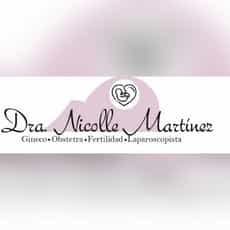
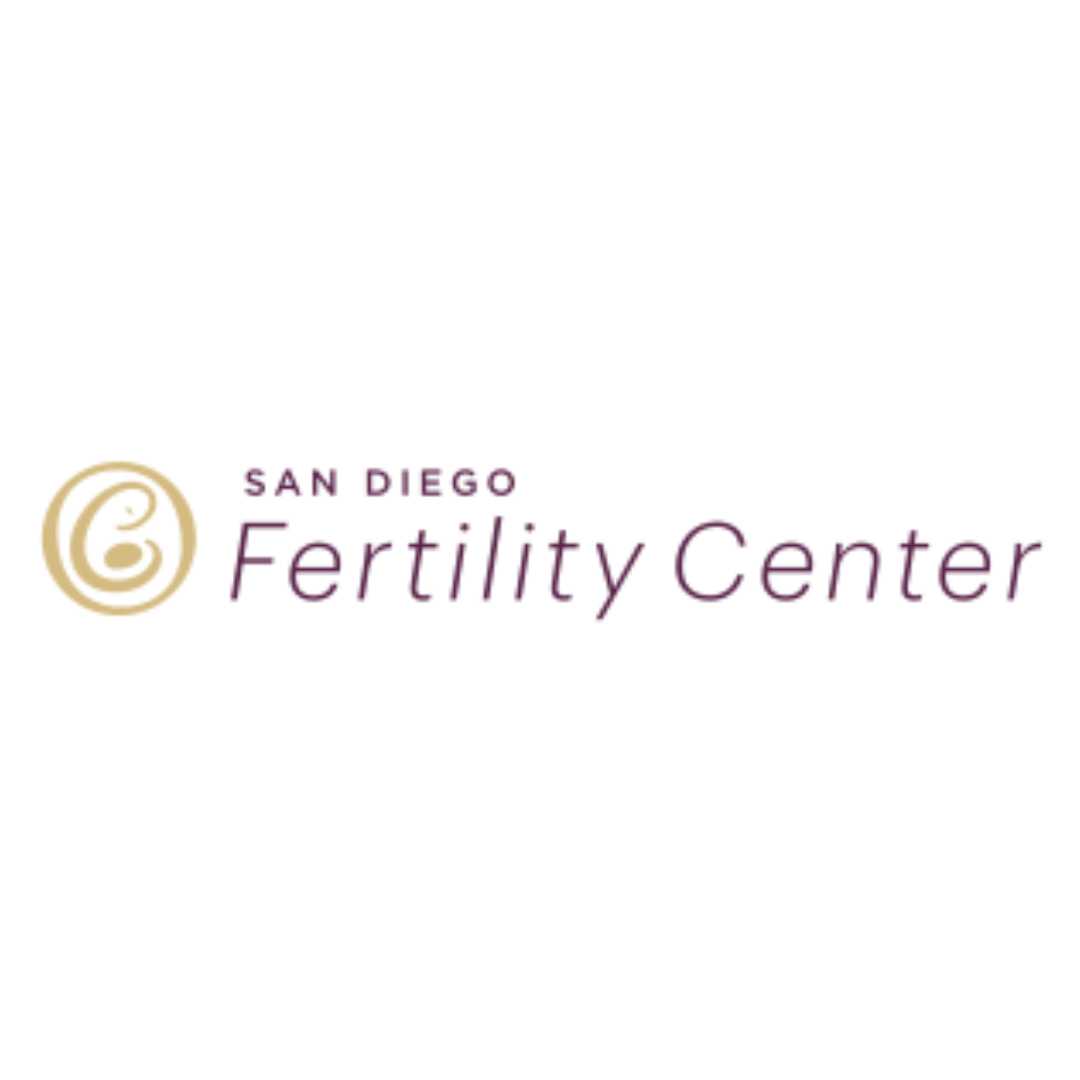
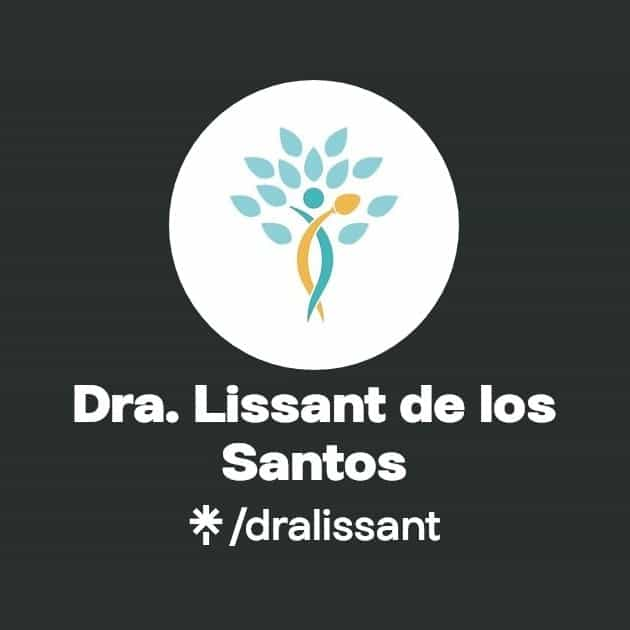

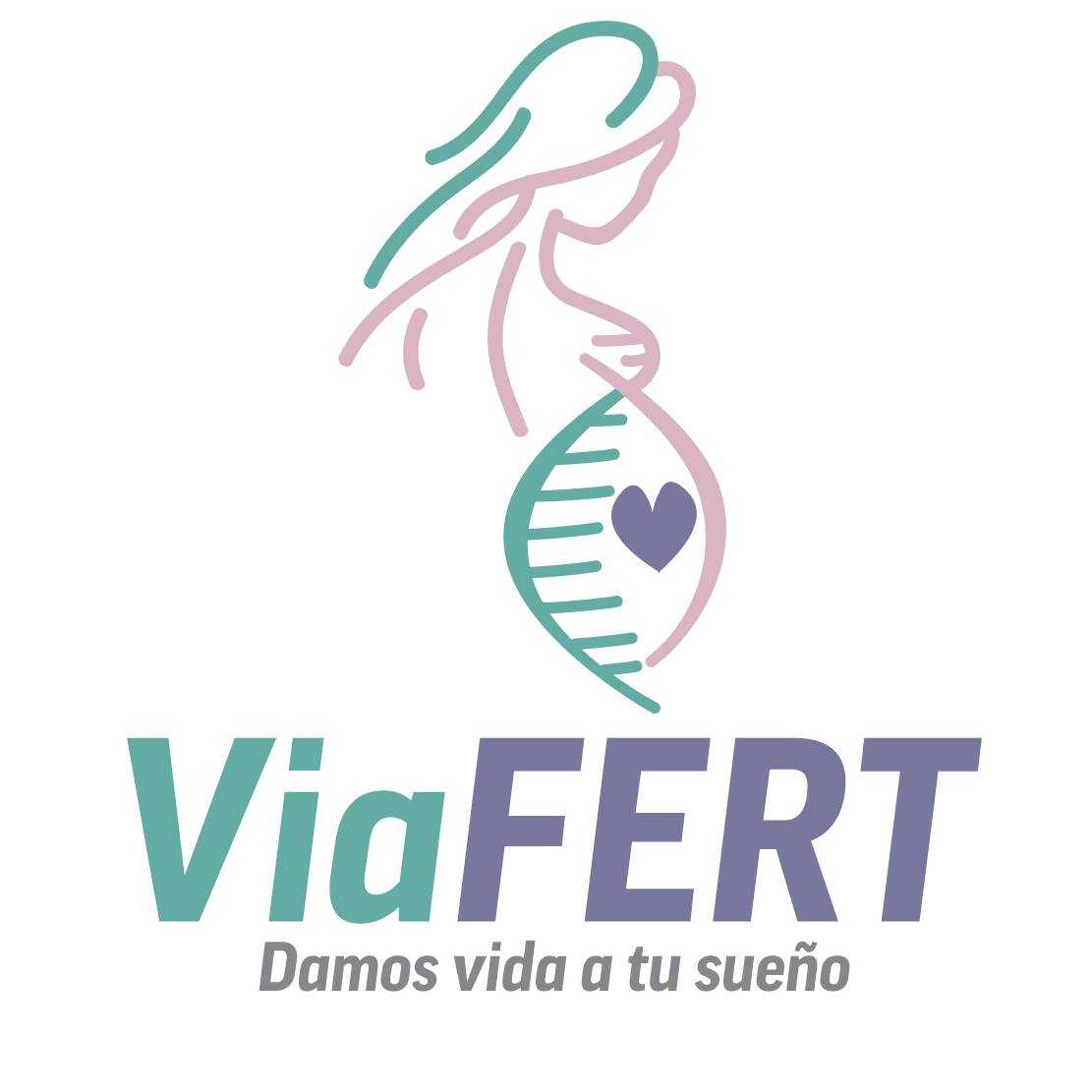

Share this listing